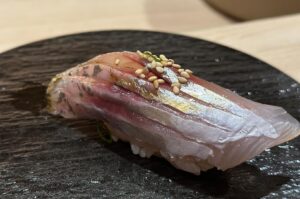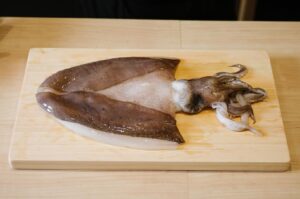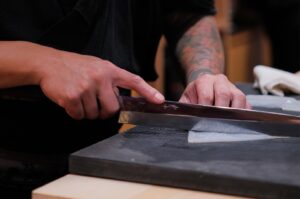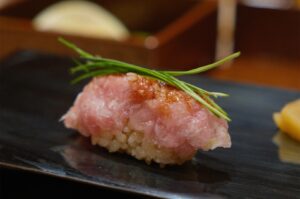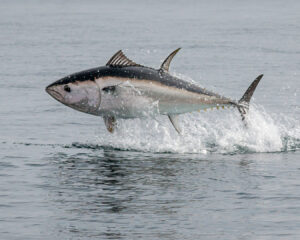
How Seasons Shape the Best Omakase in Singapore
In Japan, seasonality is not just a culinary preference — it is a guiding principle. The belief that ingredients are best enjoyed at their natural peak is central to Japanese omakase Singapore dining, and it’s the foundation of everything we do at Sushi Masa by Ki-setsu.
The Four Seasons of Flavour
Spring – Freshness and Renewal
Spring in Japan is a time of gentle flavours and delicate colours. At Sushi Masa, this might mean young bamboo shoots, sweet sea bream, and fresh mountain vegetables. Dishes are lighter, reflecting the season’s energy of renewal. Spring courses often feature subtle seasoning, allowing the natural sweetness of ingredients to shine.




Summer – Bright and Bold
Summer brings a vibrancy to the menu — fatty tuna, sweet corn, bright shellfish. Chef Masa sometimes pairs seafood with fruits, creating refreshing contrasts that surprise even regular guests. This season is about playful experimentation while keeping balance, giving diners cooling, lively flavours in the warmer months.
Autumn – Deep and Earthy
Autumn is a celebration of umami. Matsutake mushrooms, Pacific saury (sanma), and rich root vegetables dominate the menu. The dishes are more robust, reflecting the cooler weather. These flavours linger, making each bite feel like a warm embrace as the year winds down.




Winter – Rich and Comforting
In winter, the menu turns indulgent. Expect snow crab, monkfish liver (ankimo), and the finest otoro. These dishes are rich, satisfying, and perfect for the colder months in Japan, bringing a sense of celebration to each course.
Why Seasonal Dining Creates the Best Omakase Singapore Experience
By letting the seasons lead the menu, Sushi Masa ensures that each visit offers a new and distinct culinary journey. Regular guests often return multiple times a year, knowing the menu will never be the same twice.
This approach also allows Chef Masa to tell a story through his courses — from the first light bite of spring to the warm, lingering finish of winter.
